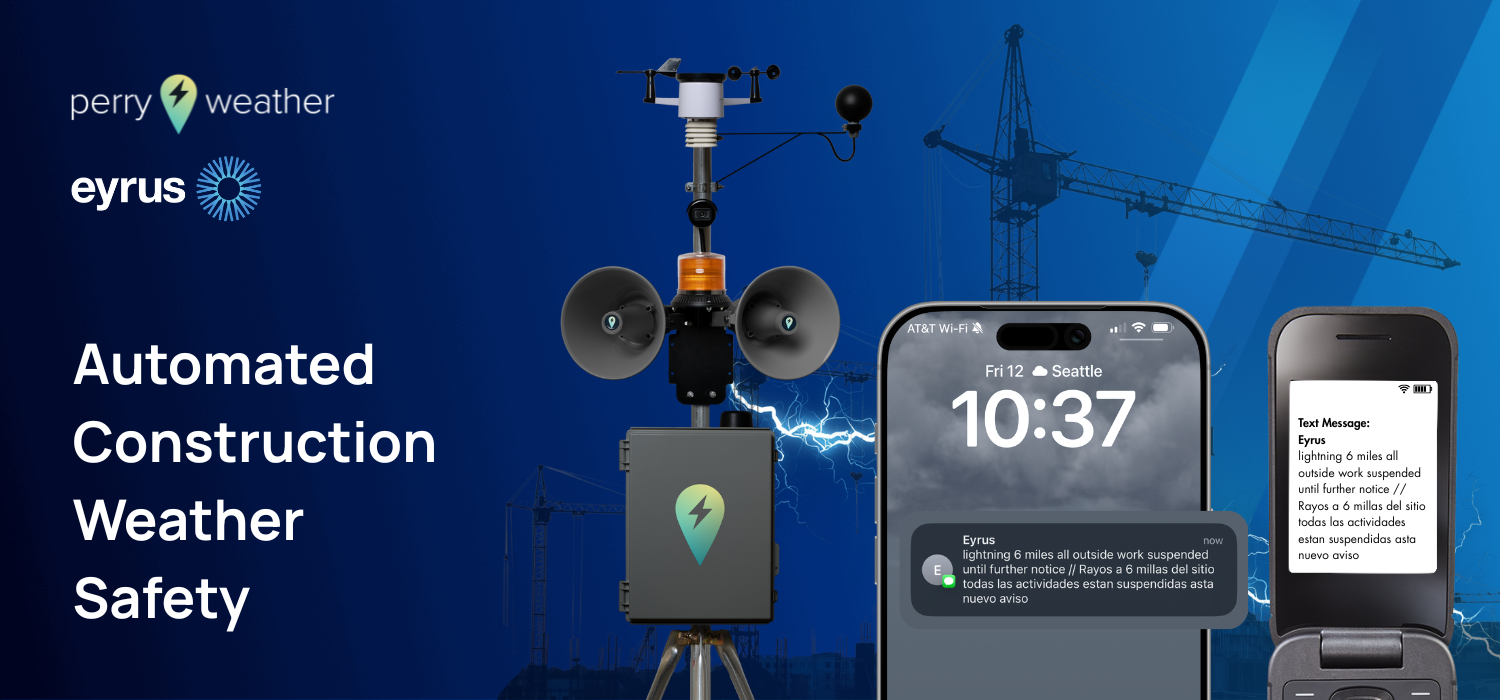
Disruptions, backlogs, increased costs, and a lot of uncertainty are facing the construction industry when it comes to supplies and materials. As the COVID-19 pandemic commenced, every industry across the globe experienced unprecedented supply chain pressures—all while trying to do business as usual. Construction companies that navigated the supply chain & gained increased jobsite visibility were the ones that relied on data-centric solutions and worksite intelligence.
Recognizing the differences between worksite management and worksite intelligence can help you better understand the benefit of incorporating worksite intelligence on a construction site.
Worksite Management describes data capture that takes into account people, equipment, materials, and the management of the worksite itself (including access control, zone location and safety measures). All of these insights inform specific needs of several workflows, from construction site safety & security to scheduling & project management.
This term takes the insights from Worksite Management further and enhances jobsite functions. When we refer to Worksite Intelligence, we refer to the daily use of worksite management software and data to give a holistic view and understanding of patterns and trends that inform larger business decisions. Worksite intelligence helps project managers and contractors:
Understanding what’s going on with workers, equipment, materials, jobsite safety, and more… it’s a lot. With so many priorities and varying factors, walking a job site just isn’t an efficient or accurate method of gathering information to act upon.
In addition, today’s construction landscape has project managers and contractors alike facing scarce and higher-priced building materials. Even when these materials are secured, teams may have to wait longer to receive the shipment - resulting in project delays and missed deadlines.
To meet today’s unprecedented supply chain pressures, worksite intelligence platforms can help construction teams thrive in the long-term. Applying worksite intelligence platforms like Eyrus gives the construction industry the ability to quickly get real-time data, make better decisions and ultimately get your projects completed on time and on budget. Worksite intelligence platforms help teams to:
Heightened visibility into construction workforces means you can track, measure, and then improve productivity while better mitigating risks. Eyrus’ automation features were designed to make it easy to collect and analyze a variety of workforce intelligence data points from attendance to timekeeping to jobsite trends and productivity, all in real-time.
In tracking materials, equipment, and prefab components for real-time data and visibility, construction leaders can create a simplified visual of equipment and resources around worksites, managing where and when materials need to be placed. With these components, the data and productivity trends help construction managers make informed decisions, saving time, money, and ensuring projects are met on schedule. Managers and contractors can also use the insights from worksite intelligence to make quick decisions around scheduling and project management, which is key for times where a shipment is taking longer than expected.
As the construction industry continues to embrace data-centric technology, construction leaders will start to see safer,efficient, and cost-saving job sites across the globe. Ultimately, real-time insights and worksite visibility lead to an enhanced beneficial way to work for everyone involved. The current state of the supply chain is our new normal, but luckily so are worksite intelligence platforms like Eyrus to adapt and maintain productivity and results.
To learn more about how the Eyrus worksite intelligence platform could help improve your workforce management and handle your supply chain pain points, book a demo with the Eyrus team.
Time for your demo of Eyrus' market-leading workforce management, worksite security, and worksite monitoring capabilities.
Book a demo
.png)
